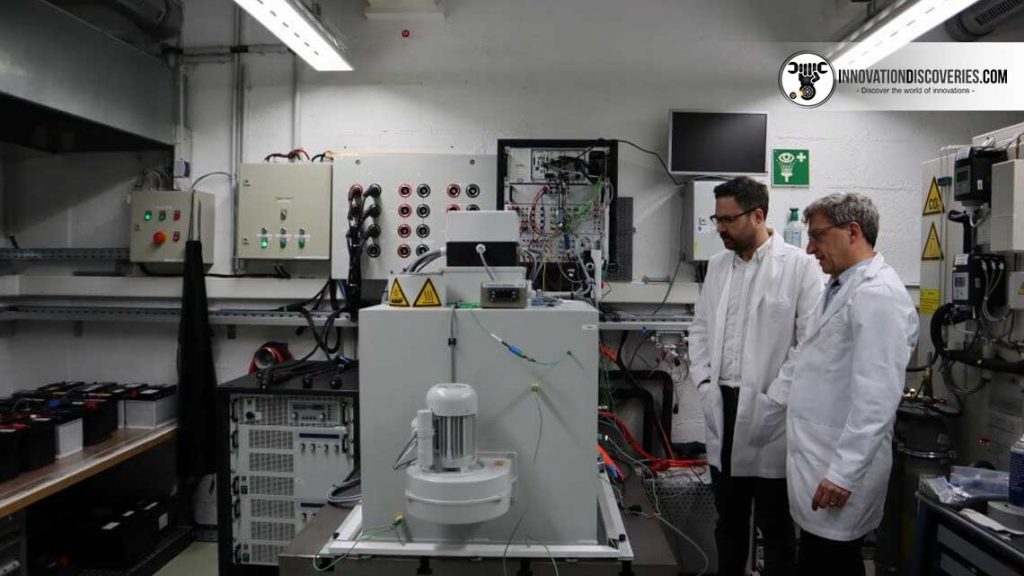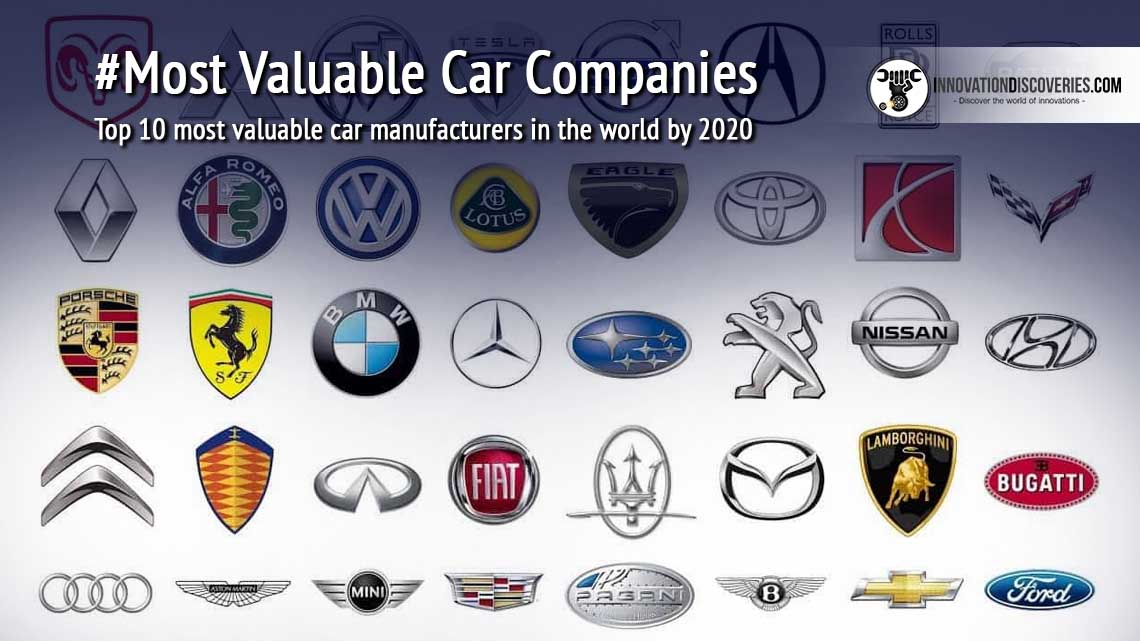New research in the EU collaborative effort managed by the Consortium for Battery Innovation will concentrate on dynamic load acceptance (DCA) and high-temperature longevity in batteries used in the automotive industry.
DCA is the ability of a battery to generate instantaneous energy when used in vehicles, such as through regenerative braking.

The European research partners include Ford Research and Innovation Center based in Aachen, Technische Universität Berlin (TU Berlin), MOLL Batterien and Fraunhofer Institute for Silicate Research ISC with its R&D Center Electromobility FZEB.
It will focus on screening methods and test cells to determine more accurate testing and methods for the innovation and development of lead batteries. (small laboratory versions of full-size batteries)
The project will have a detailed exploration of cell practice by investigating additive effects on DCA and high-temperature longevity.
This information is essential for improving the DCA of lead batteries for micro and, mild-hybrid vehicles and this knowledge is also useful for lead batteries utilized in renewable energy storage applications.



